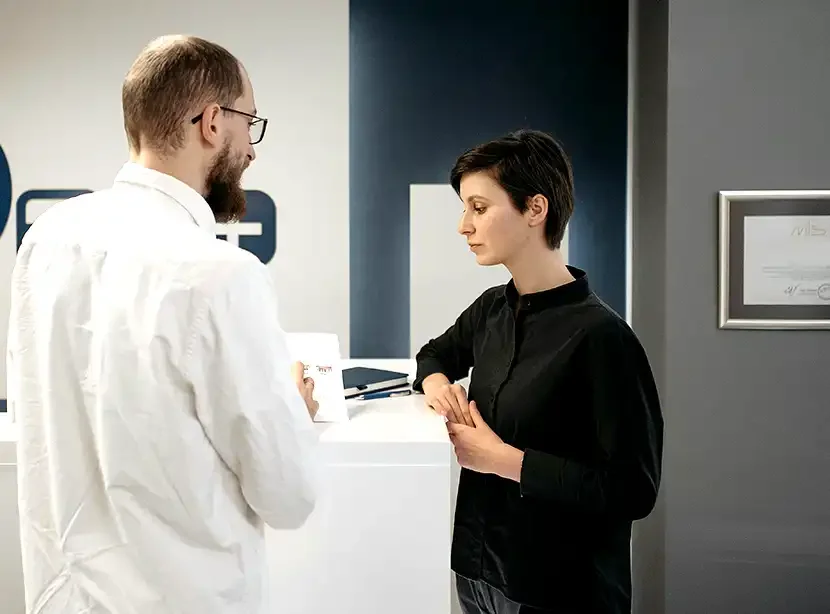The Doctor Visits Dilemma
Caring for my father as he battled Alzheimer's disease taught me many tough lessons. One particular challenge I remember vividly was managing his doctors' appointments. I honestly don't think there was a single occasion when everything went according to plan.
Once, I thought I could be efficient by scheduling my appointment close to my dad's, as both our doctors were in the same building. That turned out to be a big mistake. I had my dad checked in first, and then I asked the nurse or receptionist to keep an eye on him while I went to my own appointment down the hall. When I got back, my dad was gone! If my blood pressure wasn't high before, it certainly skyrocketed then! I rushed outside and found him wandering around the parking lot, which is a highly unsafe place for someone with dementia. The stress from an incident like this can linger for days.
Here's my suggestion: Whenever you can, bring someone else along to any appointments. This ensures that if you need to talk to the doctor privately or take a moment to use the restroom, the additional person can look after your loved one.
Another deep concern that I have is a very common complaint I hear from fellow caregivers: “I’m not receiving enough help from our doctor.” I certainly understand their vexation. I found myself switching doctors several times myself. It’s my opinion that since there is no cure for Alzheimer’s, and other dementia-related diseases, some physicians become stagnant and blase’. They are simply not aggressive enough. They don’t seem to realize that there are two people in need of care—the patient and the caregiver.
Understand that changing doctors can be quite challenging. There's a comfort in sticking with the same physician over an extended period. Additionally, there's often a well-intentioned but misplaced worry about upsetting the doctor after establishing a doctor-patient rapport. You must overcome this.
If you need to find a new doctor, ensure that your expectations are realistic. Caregivers can become exhausted and fatigued, so only make this decision after careful consideration and when you are well-rested.
Another reason for selecting the best timing for this new path is worth considering. Switching physicians can be time-consuming and might lead to extra expenses, like copying and transferring medical records, as well as necessitating new lab tests.
The first thing you should ask yourself is, "Which doctor specializes in treating patients with dementia?" Generally, a primary care physician can address most of your needs. However, if you require a specialist for additional medical issues, rest easy knowing that neurologists, geriatric psychiatrists, and geriatricians typically have training in assessing and treating memory disorders.
Essentially, my advice is to try resolving any issues with your doctor before considering a switch. Keep in mind that any change can be challenging for a dementia patient. Request some private time with your doctor to discuss your feelings and the necessary changes for the best care of your patient. If your doctor is not receptive to your concerns, then you know it's time to find someone who will be.
Gary Joseph LeBlanc, Director of Education

